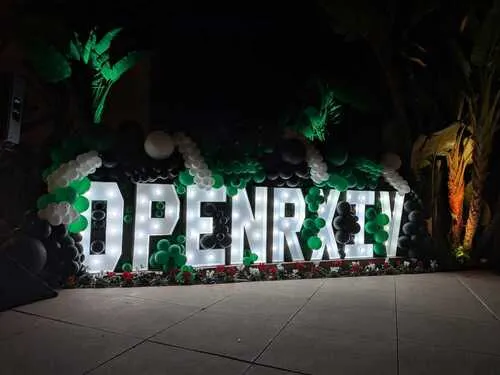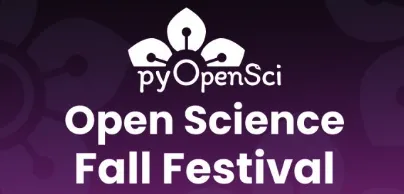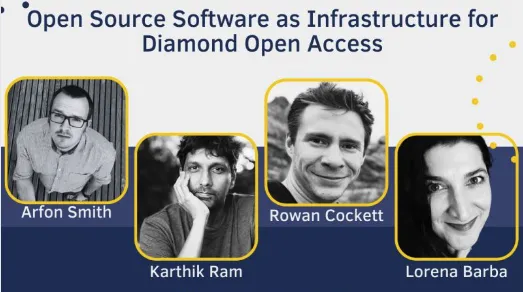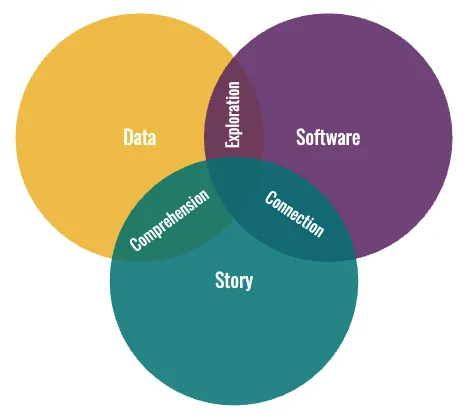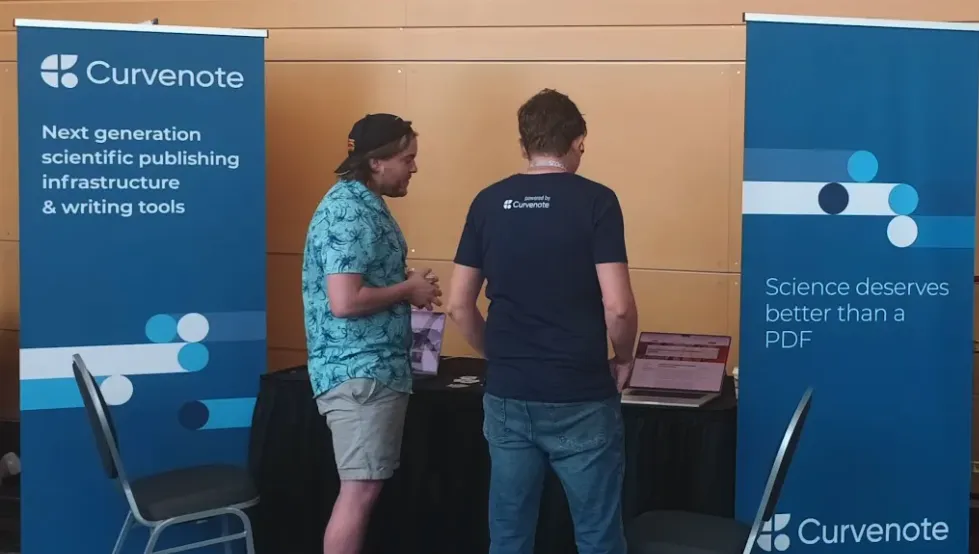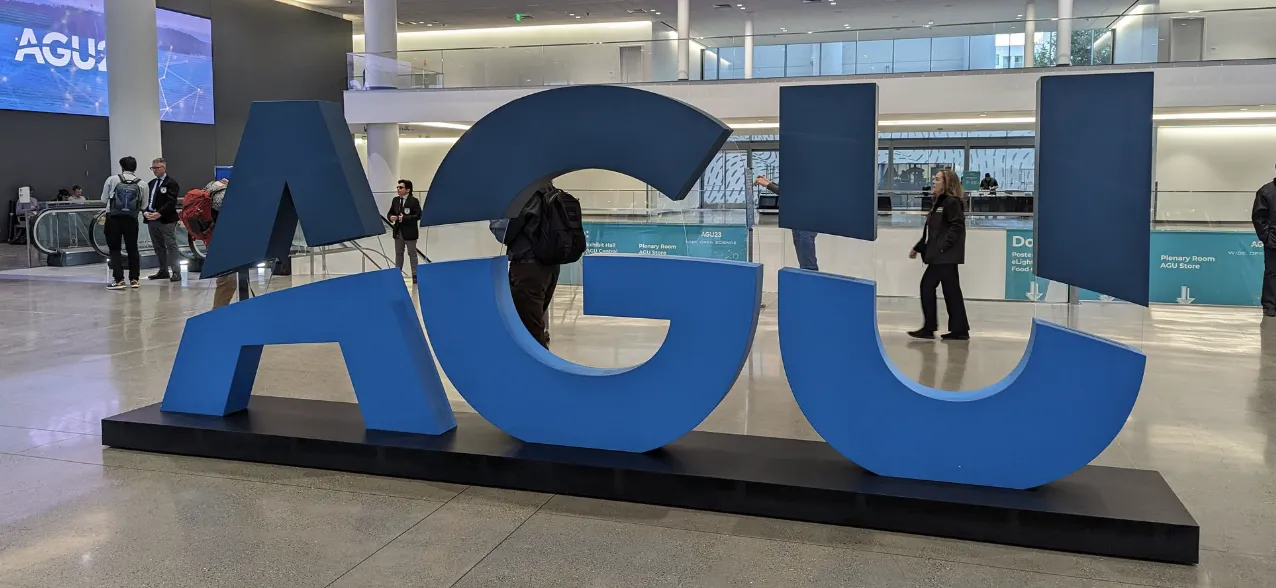Research Software Engineering Conference 2022
A walk-though of publishing open research with Curvenote
On Wednesday 7th September, we will be presenting a walkthrough of Curvenote’s publishing capabilities at RSECon 2022, in Newcastle upon Tyne. The event, running from 6-8th September is the sixth annual conference of the Society of Research Software Engineering (SocRSE), an active society supporting Research Software Engineers primarily in the UK.
The program for the three-day event is a mix of talks, walkthroughs, workshops, and poster sessions on all aspects of building research software from; Open data, citations and licensing, metadata through to the software development process, GPU computing, tools, and infrastructure.

Figure 1:RSECon at Newcastle upon Tyne University, UK. Image by Peter McDermott CC BY-SA 2.0
Research Software Engineering¶
Research projects have an increasing and sometimes hidden reliance on software developers, experts, and engineers who often play a vital but hidden role in scientific research while dealing with a set of challenges and constraints that are very different from those found in private industry or the mainstream software development.
Engineers will often be embedded in a moving research process, have to gain significant domain expertise, and be dealing with systems, technology, or data that are highly specialized, even unique. In many cases, they are the only ones placed to ensure that the software created has impact, longevity, and supports reproducible science and FAIR principles Wilkinson et al., 2016 beyond the project itself.
Research Software Engineering is a relatively new term to specifically recognize this role, and a number of societies now exist globally to support research engineers including the SocRSE in the UK.
Publishing for Open Research¶
We’re excited to share Curvenote’s publishing capabilities at the event.
Curvenote enabled the publishing of open research both on the web and in hard copy (TeX/PDF), for individual researchers, collaboratively for groups, and with the ability to automate and tie publications into larger websites.
A group of researchers and engineers can collaborate on content both through a visual editor or via a scriptable command line interface using Markdown, Jupyter Notebooks, and git, turning working code repositories into sections of websites, with version control and the ability to easily update content as the work evolves.
Notebooks, and reproducible code including interactive outputs can be gathered alongside reports, preprints, and manuscripts creating a consistent body of research work and supporting materials - with the maths, citation, and referencing support needed for technical writing.
Some examples of research work published using Curvenote are:
- CLIMASOMA Soil Report
- Transform Subsurface Conference Website
- SimPEG Seminar Group
- PhD Thesis - Geophysical Inversion
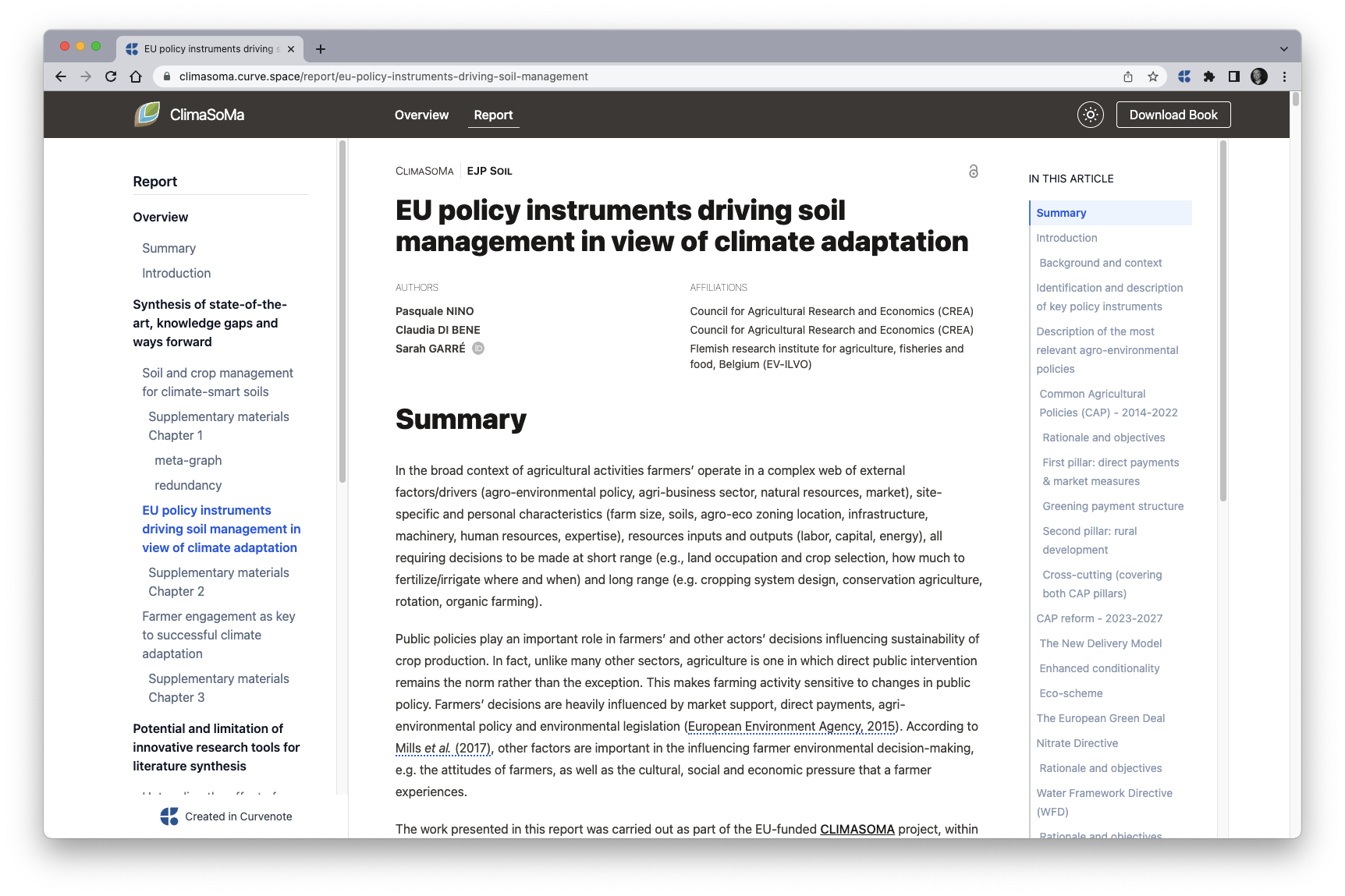
Figure 2:CLIMASOMA Report published online with supporting materials and Jupyter Notebooks
Our walkthrough of Curvenote at the event will show how to get a set of materials published on an open research website and reuse that material in different contexts. The walkthrough is suitable for people used to working on the command line and others working via a GUI.
Looking forward to seeing you at the event!
